What is dating abuse?
Dating abuse - a pattern of abusive behavior used by one partner to exert and maintain power and control over a dating partner - affects teens in all kinds of romantic and sexual relationships. This abuse can affect anyone of any gender, sexual orientation, age, background, or identity.
Why is it important to talk about teen dating abuse?
1 in 3 high school students will experience physical or sexual violence from a dating partner, and 1 in 10 high school students report being purposefully physically harmed by a dating partner.* Women between the ages of 18-24 are 3 times as likely to experience intimate partner violence than any other demographic in the country.* Statistics show that this abuse starts early; among young people, physical or sexual violence and stalking are reported to begin when survivors are as young as 11 years old.
La Casa believes that these statistics are, quite simply, unacceptable.
The impact of this type of violence is not only severe, but can affect a survivor and their community for many years, even after the abuse stops. Young people and teens who report having experienced dating violence are more likely to report poor mental health and higher rates of STIs, earn lower grades, and contemplate suicide at higher rates than their peers.
So what can we do to help stop this epidemic?
It’s important to know the signs of dating abuse, and understand how you can support a teen that may be experiencing an unsafe or unhealthy relationship.
What are some signs of dating abuse?
While young people may experience the same types of abuse and violence as adults, their age and status in our community can be a significant factor in how they may experience violence and seek support. Some warning signs of teen dating abuse include:
Checking cell phones or social media without a partner’s permission.
Possessiveness and forced PDA.
Pressuring to send explicit pictures or revenge porn, or using explicit photos as blackmail or sharing them without the owner’s consent.
Surveillance via social media.
Forcing use of drugs or alcohol in social situations.
Extreme jealousy or insecurity.
Coercion and pressure to have sex or behave a certain way.
Isolation from friends and family.
Threatening to “out” them for their gender identity or sexual orientation.
Physically inflicting pain, threatening to inflict harm, or acting violently.
Some of these signs may be difficult to spot, and experiencing even a few of them can be a red flag that a relationship may be abusive. All of these signs should be taken seriously, and it’s important to remember that no one deserves to experience abuse of any kind.
What can I do?
We believe in a world where no teen should experience an unsafe or unhealthy relationship. It can be frightening or difficult to imagine why someone might stay in a relationship that appears to be abusive, but there are many reasons why an individual might stay.
Ultimately, it is up to the person experiencing abuse to determine if they want to leave the relationship, but there are many things you can do to help them stay safe. If you think a friend or child may be experiencing abuse, let them know you’re concerned for their safety, and be ready to listen patiently and acknowledge their feelings. Center them - not their abusive partner - in your conversations, and be respectful of the decisions they make. If they are open to it, you can help them develop a safety plan, or a personalized plan that might help someone who is experiencing abuse avoid or best react in a dangerous situation. You can connect them with La Casa for just this type of support. It can be scary to see someone you love in an abusive relationship, but understanding the signs of dating abuse and providing unconditional support to your loved one is a crucial way to support them.
You can also help us raise awareness by speaking up, following our social media channels, and sharing information about the difference between love and abuse.
Learn about our campaign to strengthen the supportive relationships that prevent abuse from flourishing: Girls Got Each Others’ Backs!
La Casa has been working with teens directly for over 18 years. Our work is twofold: we work with teens to help them identify healthy and unhealthy behaviors in relationships, and we also use education and outreach to build networks amongst young people so they can support one another.
If you or a teen you know may be experiencing dating abuse, call La Casa’s toll-free and confidential Teen Crisis Line at 1-877-923-0700 for support. If you’re interested in learning more about dating abuse, you can click here to learn about our Teen Program, or you can schedule an educational presentation or workshop by emailing comed@lacasa.org.


